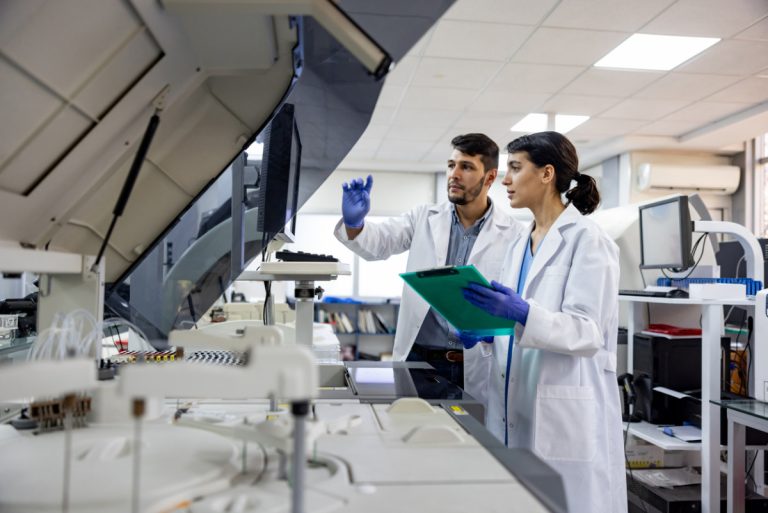

It is necessary to balance cost of QC & QA against the benefit in reducing quality failures to an acceptable (non-zero) level, you will learn how develop laboratory documents and quality. Attendees will receive practical instructions on the development, implementation and long-term maintenance of an effective laboratory quality system.
Laboratory supervisors, chemists, and senior technicians working in QA/QC
This interactive Training will be highly interactive, with opportunities to advance your opinions and ideas and will include;
▪Lectures
▪Workshop & Work Presentation
▪Case Studies and Practical Exercise
▪Videos and General Discussions
Day 1: Chemical Measurement
Day 2: Instrumentals & Method Calibration
Day 3: Method validation & verification
Day 4: Measurement Uncertainty
Day 5: ISO 17025 Implementation in laboratory
A RECTUS attendance certificate will be awarded to all participants who complete at least 80% of the total course duration.
| Code | Date | Venue | Fees | Register |
|---|---|---|---|---|
| Lab127-01 | 04-01-2026 | Dubai | USD 5450 | |
| Lab127-02 | 06-04-2026 | Kuala-Lumpur | USD 5950 | |
| Lab127-03 | 05-07-2026 | Doha | USD 5450 | |
| Lab127-04 | 04-10-2026 | Dubai | USD 5450 |
Providing services with a high quality that are satisfying the requirements
Appling the specifications and legalizations to ensure the quality of service.
Best utilization of resources for continually improving the business activities.
BTS keen to selects highly technical instructors based on professional field experience
Since BTS was established, it considered a training partner for world class oil & gas institution
1st floor, Incubator Building- Masdar City - Abu Dhabi - United Arab Emirates
Sun to Fri 09:00 AM to 06:00 PM
Contact Us anytime!
Request Info